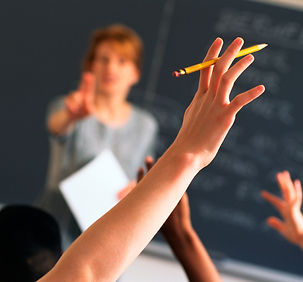From about age 5 through to 18, young people generally spend around half of their waking hours at school. All children and youth need to be safe while at school and to have the best possible opportunities for learning.
The concept of child and youth friendliness applies not only to the school’s physical and social environment but also to what is being taught in the classroom. Central to child and youth friendly education are the concepts of democracy, citizenship, and human rights. These are best learned by example: by having students participate as fully as possible in their school’s operation and by having their fundamental human rights respected throughout all school policies and practices.
While the nature of student participation will be based on the age and capacity of the child, even young students can take on meaningful roles that will empower them and develop their leadership abilities, enhance their engagement in school, and improve their learning outcomes.
SCHOOLS

UNCRC and SCHOOLS
Article 12 is about the views of the child
Children and young people have a right to participate in all matters affecting them, and those views should be given due weight “in accordance with the age and maturity of the child”.
Article 23 is about special care and education
Children and youth who have a disability of any kind have the right to special care and education they need to develop and lead a full life.
Article 28 is about the right to an education
Children have the right to education. This means children have the right to learn how to read and the right to access to the resources that will help them succeed in learning.
Article 29 is about education for personal and social development
Children have the right to the best education that enables them to develop their own personality and abilities as much as possible. Children should be encouraged to respect other people’s rights and values and to respect the environment.
Article 30 is about inclusivity in race, culture, religion and language
Children have the right to enjoy their own culture, practice their own religion and speak their own language.
"Education is not the filling of a pail, but the lighting of a fire."
~ William Butler Yates, Irish Poet
